Topless In A Tickford
Images: Deepanjan Sarkar & others
Paul Duchene passed away a last year. We are reprinting this story written by him as a tribute. Rest in peace Paul - ED
In February 1968, I had been a newspaper reporter for about six months, at a long-extinct weekly tabloid, the Kingston Borough News in Southwest London. I made enough money to live on my own—10 guineas a week (£8 16s 8d net)—and spent £3.10 shillings on my own ‘little brown room’, as City Editor Dermot Fitzpatrick put it, in the attic of a six-storey Victorian house on Surbiton Hill.
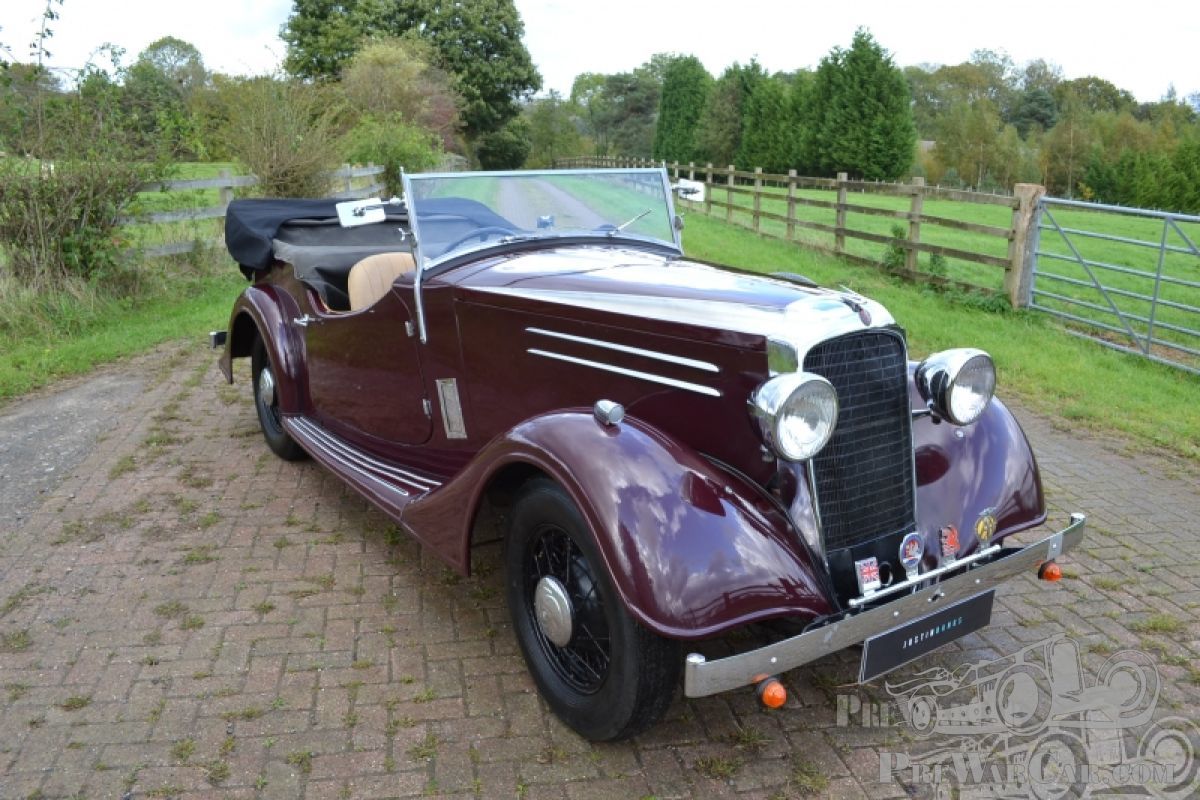
I had been writing Kiplingesque letters to newspapers in romantic cities worldwide, seeking gainful employment, having had enough of English weather and dire poverty. So far, the letters had produced a collection of exotic stamps, but I was moving on anyway, after my landlady encountered my friend Jill on the stairs and announced that ‘such behavior will not be tolerated’.
Fortunately, the paper had hired John Feltham, a cheerful cockney police reporter, who was a natural Australian as he would find out later. John rented a room over a Greek restaurant that was too bad to eat at, but within spitting distance of the newspaper. We agreed to share it, if I could come up with half of the rent.
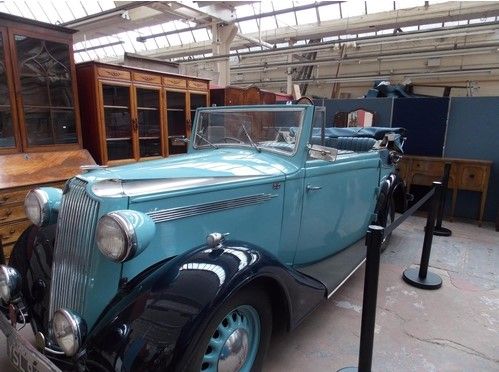
I was busy looking for a car, nearly freezing to death on my BSA Bantam, after locking myself out during a snowstorm. Luckily I sold it to my brother, and down by the river I found a stylishly dilapidated 1935 Vauxhall DX 14 Tickford convertible with a three-position top.
I couldn’t pay my half of the rent until I got paid the next week. No problem. I would sleep in the car, clean up at the newspaper, and go home to Mum’s to take a bath. The first night was endless. A river fog turned to a hard frost and by about 3 am, I couldn’t feel my feet. To make matters worse, the driver’s window in the car wasn’t down—it was missing.
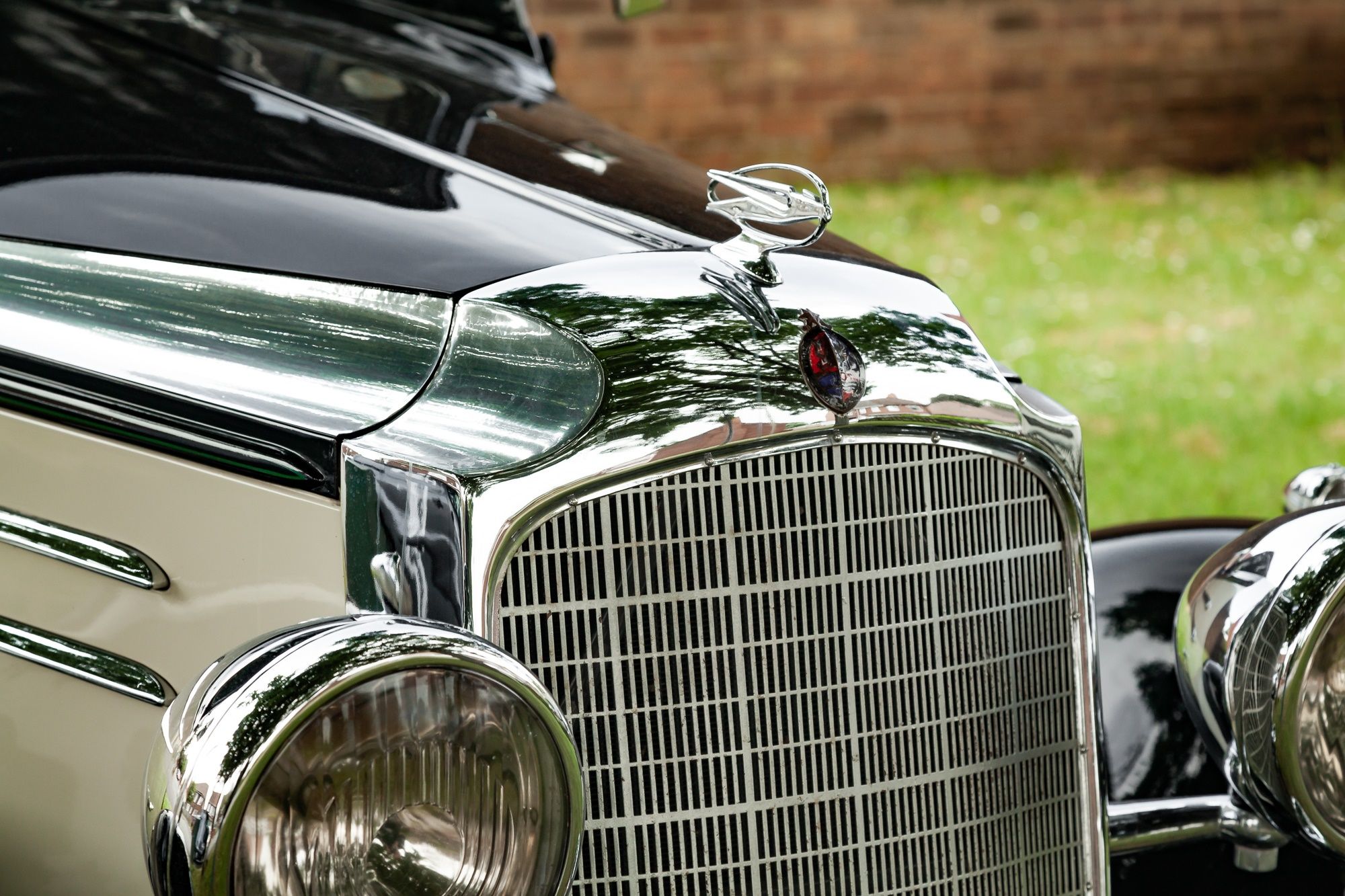
I stumbled into town and noticed the railway station waiting room had a big wood stove. I could stay warm until daylight, then go to work. I dozed off, to be woken by a gentle shake. “Young man, is this your train?” It was a quarter to five. Commuter trains came through regularly, and nice people worried about me missing them.
Finally I gave up and went to the office. I crawled under my desk, wrapped up in my eiderdown, until Mrs. Robson, the cleaning lady, arrived. I was woken by her screech of alarm. “Why didn’t you just tell me?” she said. “I’ll put the kettle on.” I lurked under my desk for the next five nights, until I could share John’s ghastly pink room.
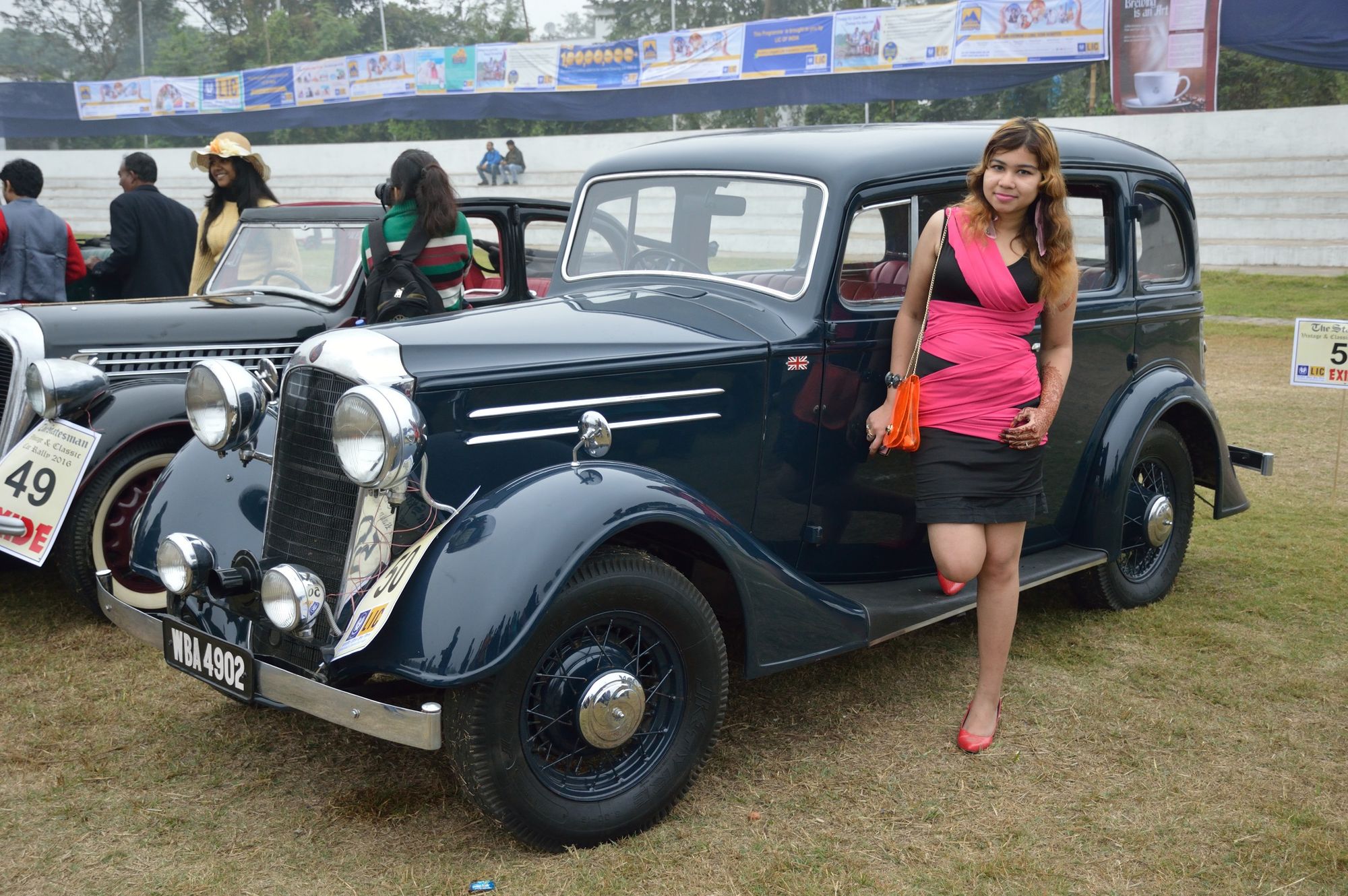
When the weather improved, I took Jill out to a country pub. The Vauxhall had a 2-liter, 6-cylinder engine and a good turn of speed, but the brakes were a dismal cable affair. The blue leather interior complemented the two-tone grey paint, and the back seat was downright cozy, with a rear window the size of a letter box. The license was out of date, but as usual, I had written ‘License Applied For’ in bold, honest-looking print. Somewhere near Box Hill in Surrey, the car stopped, with a flat battery. At that moment a police car arrived, but they were charmed by Jill’s Harlequin rugby shirt-cum-dress. We wrapped a fuse in tinfoil and continued.
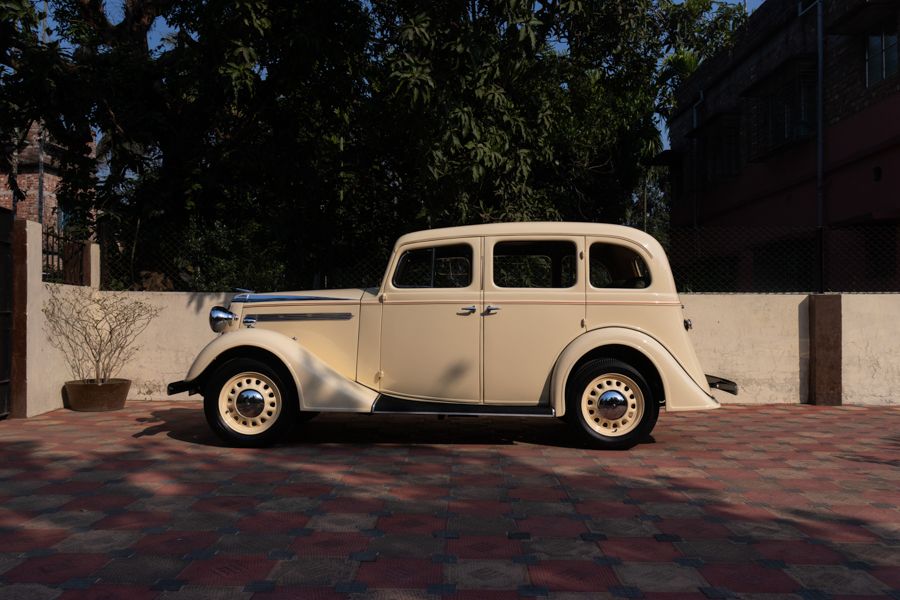
It was getting late so we cruised by Hampton Court Palace at about 70 mph; suddenly the car filled with steam. I stopped Jill from opening the rear-hinged door, which would have pulled her out, and we coasted to a halt. The rear freeze plug had popped out of the engine block, but amazingly, it was stuck in the dirt on top of the clutch. I was able to lever it back into place with a big screwdriver, and luckily there was a ditch nearby. Jill gamely sacrificed a rather nice hat.
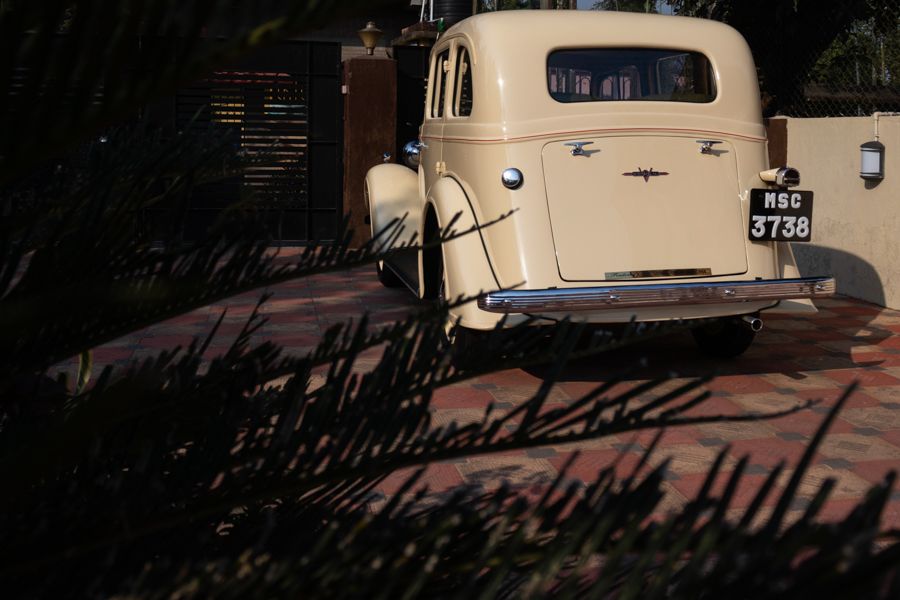
Big old convertibles attract attention, especially if they are parked on Epsom Race Course, as the sun is coming up in June. Purely by chance, I happened to glance out the tiny back window, to see two of Epsom’s finest approaching. The younger one asked what we were doing there; his partner rolled his eyes. Junior persevered: “But if you both work in Surbiton, why are you here?” The answer was so blindingly obvious there was nothing I could say, but eventually they left.
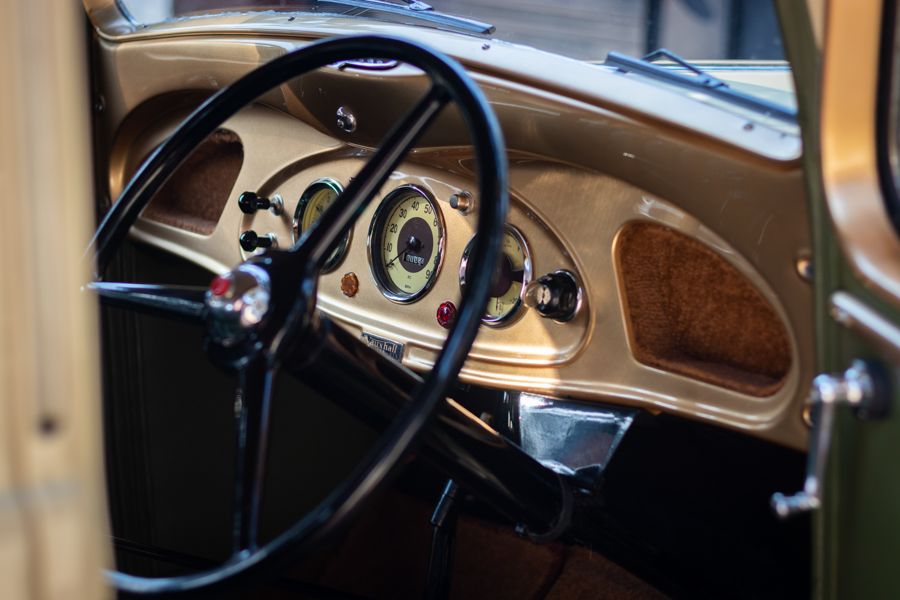
The Vauxhall survived for about six months, carrying passengers with the top down. The rear muffler fell off, and turned out to be made of copper, which was worth a week’s wages. I never did get a window made, and the paint resisted all efforts to polish it. I decided to paint it if I was going to sell it, so I got a can of black Valspar enamel and did what I thought was a really good job.
The car looked handsome, but the brakes were beyond help. I heard about a garage about 15 miles away that liked old cars so I drove it over there cautiously. The garage owner took it for a spin. “It’s got no brakes!” he said white-faced, on his return, but he bought it.
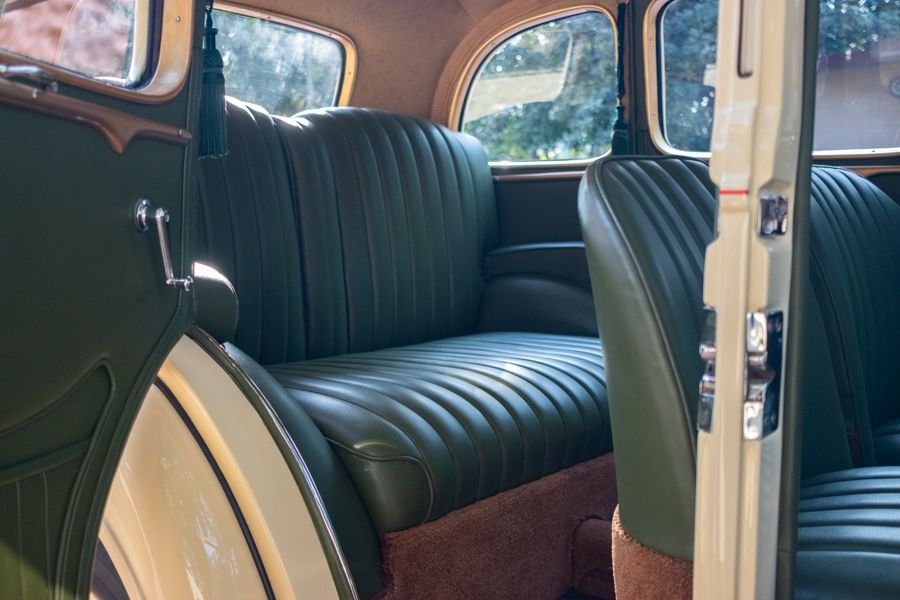
Armed with £7.10 shillings I headed for my local wrecking yard, where I found a 1953 Triumph Mayflower, with an entirely different set of problems. Perhaps if I had been older, or the Vauxhall had been younger, we might have made a go of it.
Comments
Sign in or become a deRivaz & Ives member to join the conversation.
Just enter your email below to get a log in link.
